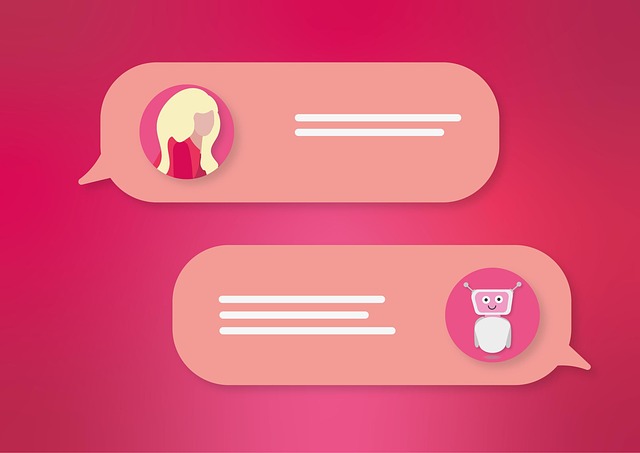Social media background checks have transformed traditional screening methods by offering real-time, comprehensive insights into individuals' online behavior and character. This additional layer of verification is particularly useful for large applicant pools and high-risk industries, providing cost-effective and efficient assessments. However, concerns around privacy and misinformation exist, as employers access personal information and potentially misleading profiles. AI algorithms and advanced verification methods are enhancing accuracy and efficiency in social media background checks, with facial recognition improving identity confirmation.
In the digital age, social media has become an integral part of our lives, and its influence extends beyond personal connections. The rise of social media background checks is a significant development in the hiring process. This article delves into the transformative impact of social media on background screening, exploring both the advantages, such as enhanced visibility and improved verification, and potential drawbacks like privacy issues and misinformation. We also examine future trends, including AI-driven verification methods, shaping the evolving landscape of social media background checks.
- Understanding Social Media's Growing Role in Background Checks
- The Pros: How Social Media Enhances Traditional Screening
- Cons: Privacy Concerns and Misinformation Risks
- Future Trends: AI and Advanced Verification Methods
Understanding Social Media's Growing Role in Background Checks

In today’s digital era, social media has become an integral part of our daily lives, transforming how we connect and communicate with others. This ever-evolving landscape has also significantly influenced traditional background check processes. The use of social media for background checks is on the rise due to its vast stores of public information. From simple search queries to in-depth data mining, social media platforms offer a wealth of data that can provide valuable insights into an individual’s character, associations, and online behavior.
As social media continues to grow in popularity and usage, it plays an increasingly crucial role in background checks. This shift is driven by the demand for more comprehensive and up-to-date information. Unlike traditional methods relying heavily on public records, social media provides real-time data that can reveal unperceived connections, activities, or red flags. This dynamic aspect makes social media background checks a game-changer in ensuring safety and security in various contexts, from hiring processes to personal verification.
The Pros: How Social Media Enhances Traditional Screening

Social media has transformed the way we interact and share information, and its impact extends beyond personal connections. When it comes to background checks, leveraging social media data offers several advantages that enhance traditional screening methods. Firstly, it provides an additional layer of verification by allowing employers or investigators to gain insights into an individual’s online behavior, character, and reputation. By analyzing social media profiles, one can uncover volunteer work, community involvement, or public statements that reflect an individual’s values and personality, offering a more holistic view than traditional resumes or applications.
Moreover, social media background checks enable efficient screening of large applicant pools. With millions of users actively sharing information online, it becomes easier to identify potential red flags or outstanding issues. This is particularly useful for organizations dealing with high-risk industries or sensitive positions, where thorough vetting is essential. Social media provides a cost-effective and time-saving way to cross-reference data, ensuring that background checks are comprehensive and up-to-date.
Cons: Privacy Concerns and Misinformation Risks

While social media has become an integral part of modern background checks, it’s crucial to consider its potential drawbacks. One significant concern is privacy. As employers or investigators delve into an individual’s online presence, they gain access to a vast amount of personal information. This includes details shared openly and those that users might consider private, such as family photos, personal beliefs, or medical conditions. Misuse or unauthorized sharing of this data can lead to severe privacy breaches.
Additionally, the abundance of information on social media platforms can increase the risk of misinformation. An individual’s online presence may be carefully curated, presenting a misleading portrayal of their character. False narratives, outdated content, or manipulated posts could distort an individual’s reputation, impacting background check outcomes unfairly. Thus, relying solely on social media for checks might not provide an accurate representation of a person’s background.
Future Trends: AI and Advanced Verification Methods

As technology advances, so too does the landscape of background checks. Social media platforms have already begun to play a role in this process, but the future holds even more intriguing possibilities with the integration of AI and advanced verification methods. These innovations aim to streamline the checking process, making it faster and more accurate.
AI algorithms can analyze vast amounts of data from social media profiles to uncover insights that traditional human reviewers might miss. From detecting red flags in language use to identifying patterns of behavior, these tools promise to enhance the accuracy and efficiency of background checks. Additionally, advanced verification techniques, such as facial recognition and document authentication, will further strengthen the integrity of the process, ensuring that individuals presenting themselves online are who they claim to be.
